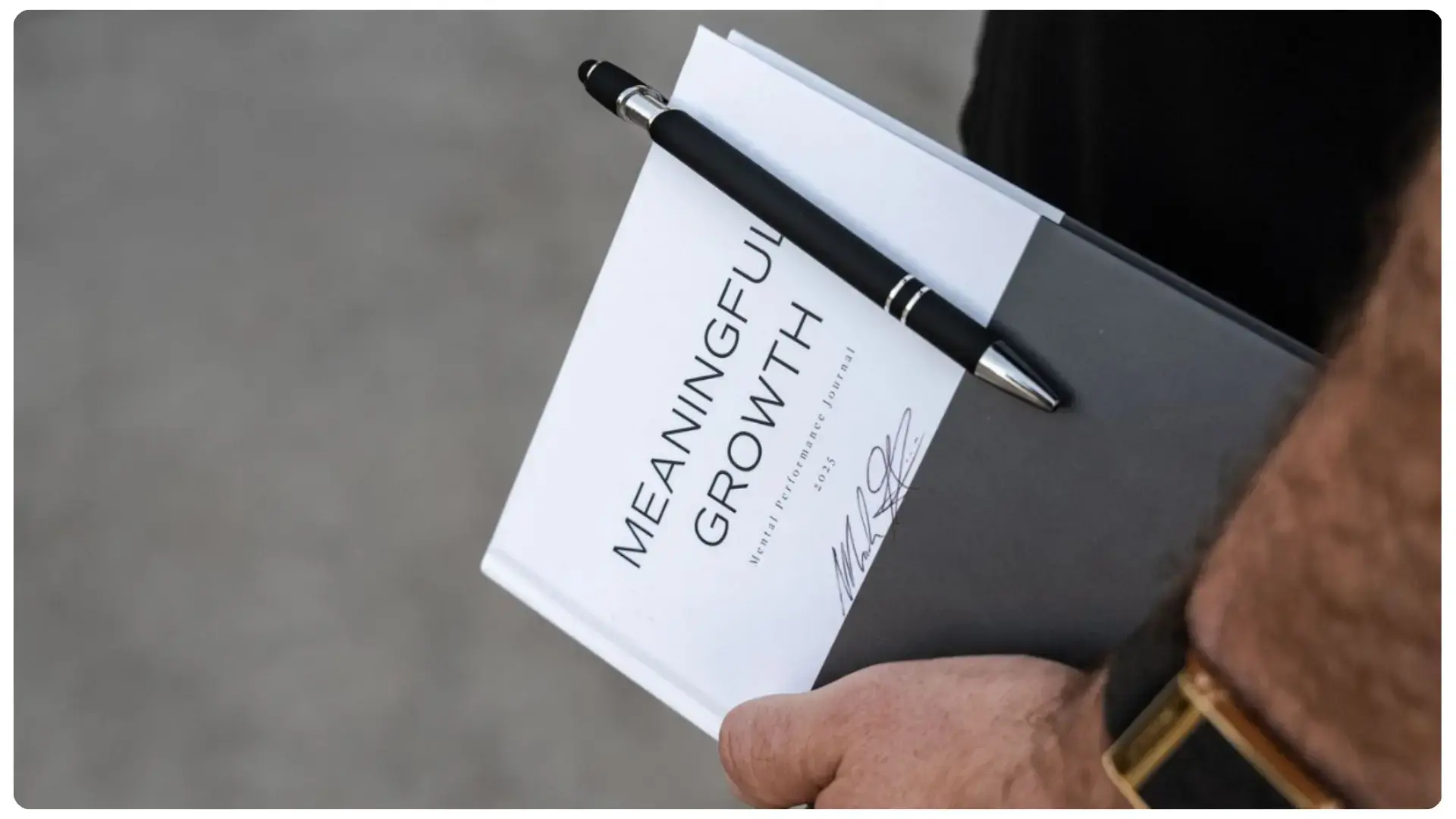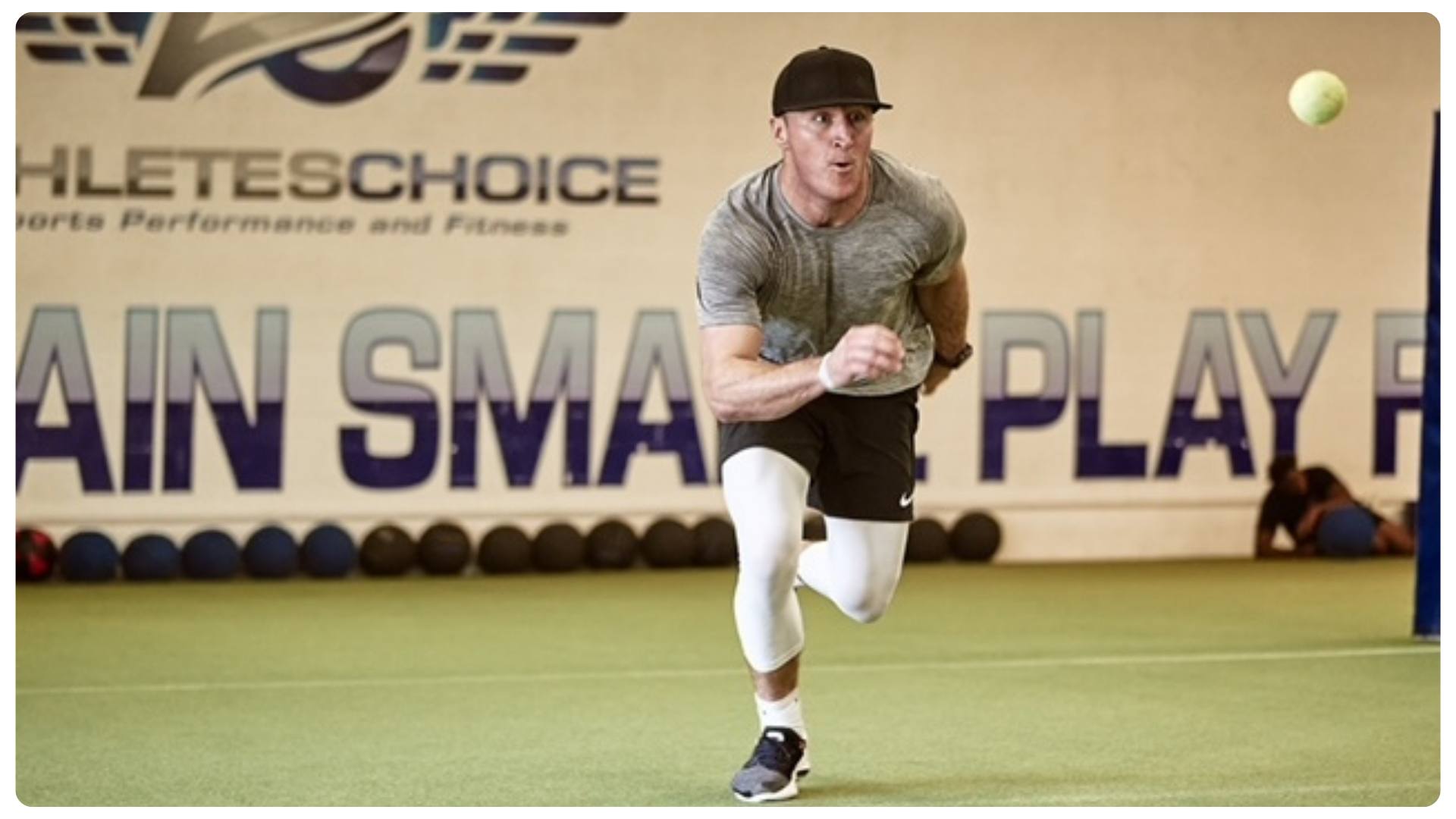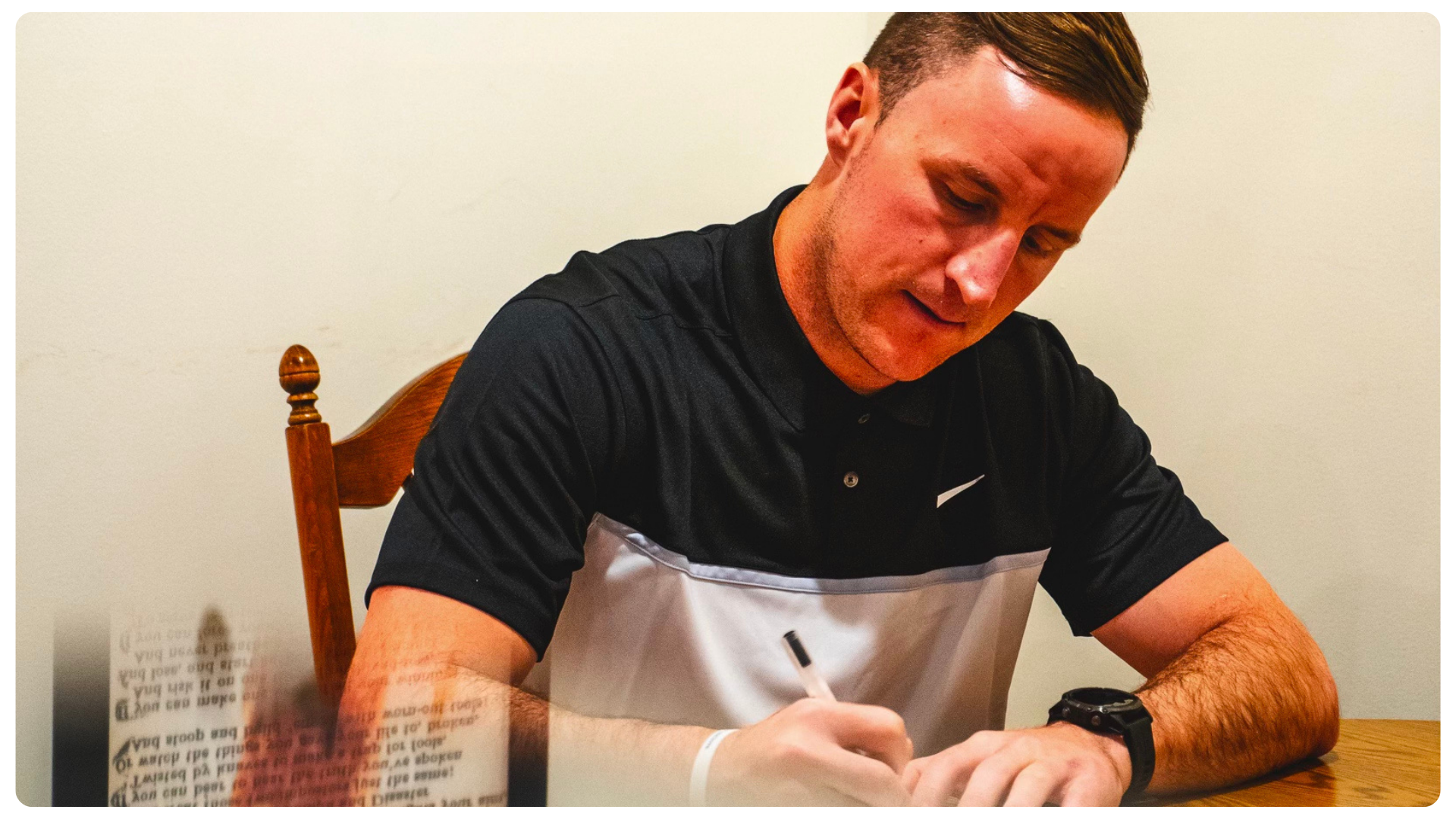Know Your Numbers
Created in 1908, psychologists named Robert Yerkes and John Dodson used an inverted U-shaped curve to explain the relationship between our magnitudes...

Etched into my spirit as a middle school student-athlete, my first lacrosse coach would repeat: “Mark, be the one.”
These three words encouraged me to embrace my true authentic self. In a world attempting to make other young individuals and me like everyone else, this required courage.
Will we sacrifice our feelings to blend in? Will we choose to cooperate even when our emotions signal for us to stand out? Will we take one and then many steps back from who we are meant to be just to keep the peace?
From an early age, I craved competition. Whether it was a board game of Scrabble against my grandma, a card game with my sister, or a sport of any kind… I wanted to win. Many times, others would say, “You’re being too intense.” “You’re taking things too seriously.” “It’s just a game, let’s have fun.” To me, competing to win was fun.
This tenacity was not contained to sports. I wanted to sit in the front row during class. I wanted to be the most participating, the most engaged, the most prepared. I wanted to help others succeed, too. For some reason, perhaps it was my innate personality or a byproduct of how I was raised, I became known for my high-energy.
I started to notice I was different, and my initial reaction was to dampen my genuineness. Others’ comments increased, “Do you ever stop?” “Are you always like this?” “Why do you care so much?” I became self-conscious.
I asked if I could wear the same clothes as everyone else — at the time, that meant graphic t-shirts and emotion-provoking streetwear. I picked up playing video games instead of merely sports — if everyone else was doing it, then I wanted to join and be included. I moved my seat in class to the back of the room so others could participate instead.
Weeks turned into months of this sacrificing my authentic self for the sake of attachment. I remember what felt like a dark cloud entering my mind; with depressed emotions buried, hesitation led to more and more questioning.
In a similar way to a plant needing sunlight, rain, and nutrients from the soil… thank God for my faith, family, and lacrosse coach.
My parents and sister let me be me.
My lacrosse coach repeated over and over, “Mark, it’s okay to be the one. Someone has to be. Why not you?”
What he meant: it’s great to be different. Leadership is a lonely endeavor. It requires discipline. It requires tuning out criticism. It requires competing… not solely against others but also against one’s prior self. The greatest cooperation is listening to what we, ourselves, truly want deep inside and adhering doggedly to that inner voice.
Be the one who shows up early and stays late.
Be the light in dark situations.
Feel the fear and do it anyway…
Although I wore similar t-shirts, I spoke and worked differently. Although I played video games, I always finished my homework and my sports training first. Although I dealt with the uncertainty that comes with leaving some friends behind for extra practice, I embraced the motto: “Be the one.”
As a result, I always and consistently won against who I used to be. I gained perspective amidst detachment. I found out who my true friends were as I embraced authenticity.
What parts of us do we suppress to fit in?
Who could we become if we embraced our true nature?
We get to choose each step of the way…
My suggestion, echoing what was etched into me 20+ years ago,
— MG
Here are my Grateful and Full of Greatness podcast episodes with my first lacrosse coach!
To be nobody but yourself in a world which is doing its best day and night to make you like everybody else means to fight the hardest battle which any human being can fight and never stop fighting.
– E.E. Cummings
Mark was born and raised in New Jersey where he became an elite high school student-athlete. He earned varsity letters as captain of his high school football, basketball and lacrosse teams and was elected into the National & Spanish National Honor Societies. He attended a post-graduate academic program at Deerfield Academy in Deerfield, MA before college where he earned his Bachelor of Arts degree in Economics from Yale University in New Haven, CT. He is currently a graduate student working toward his doctorate degree in Sport & Performance Psychology at San Diego University for Integrative Studies under Dr. Cristina Versari, Founder & CEO of SDUIS and former Head of Sport Psychology for the National Basketball Association. He is a Teaching Associate with Dr. Robert Gilbert, a Professor at Montclair State University (NJ) and a leading authority and author in the field of Applied Sport Psychology. Mark is currently the lead Mental Health & Wellness Player Advocate for the Premier Lacrosse League.
Mark is a Certified Fitness Trainer, Nutritionist, and Mental Performance Coach. He is currently pursuing a graduate degree in Sport & Performance Psychology at the San Diego University for Integrative Studies.
At Mark Glicini Peak Performance, we recognize that physical health reflects mental health. We study how intention drives behavior and emphasize that true peak performance requires an integrative approach—mind, body, and spirit.
As the Mark Glicini Meaningful Growth Foundation embarks on a journey of endurance and togetherness against the trials and tribulations brought upon by cancer, I state: every inch of my heart is in this.
Like so many, cancer has had a profound impact on my life. It took the lives of my grandfather and uncle before I was born. For years starting in 2011, I stood by my mother’s side as she battled and overcame lymphoma. Her fortitude, unwavering support from loved ones and God’s will triumphed amid extreme adversity.
Although we have not and may not win every fight, we will relentlessly strive to make an individual’s growth meaningful and to ensure his or her family feels cared for and supported. Thank you for your love, God Bless!

Created in 1908, psychologists named Robert Yerkes and John Dodson used an inverted U-shaped curve to explain the relationship between our magnitudes...

“What do you know now that you wish you knew back then?” This is perhaps the most important question a student could ask a mentor or role model. If I...